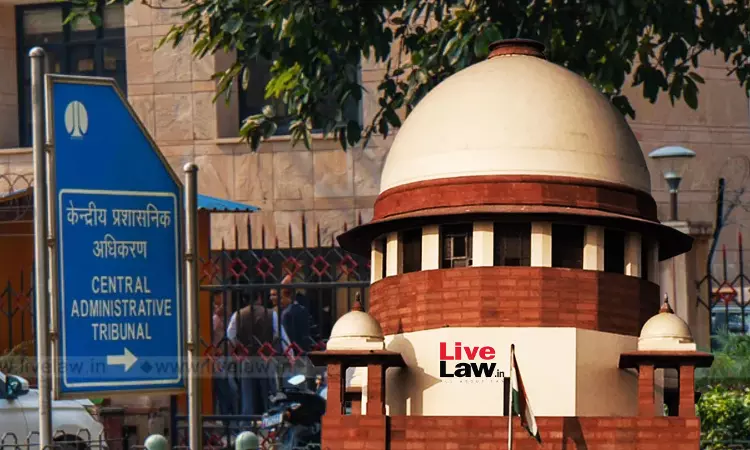Time-Barred Service Dispute Can't Be Revived By Making A Belated Representation: Supreme Court
Yash Mittal
25 April 2025 6:38 PM IST

Next Story
25 April 2025 6:38 PM IST
The Supreme Court held that a time-barred service dispute cannot be brought within the limitation period as per the Administrative Tribunals Act by filing a belated representation.When a government servant is aggrieved by a denial of a benefit, which is not based on a formal order, then a representation must be filed within a reasonable time. The cause of action to approach the...
